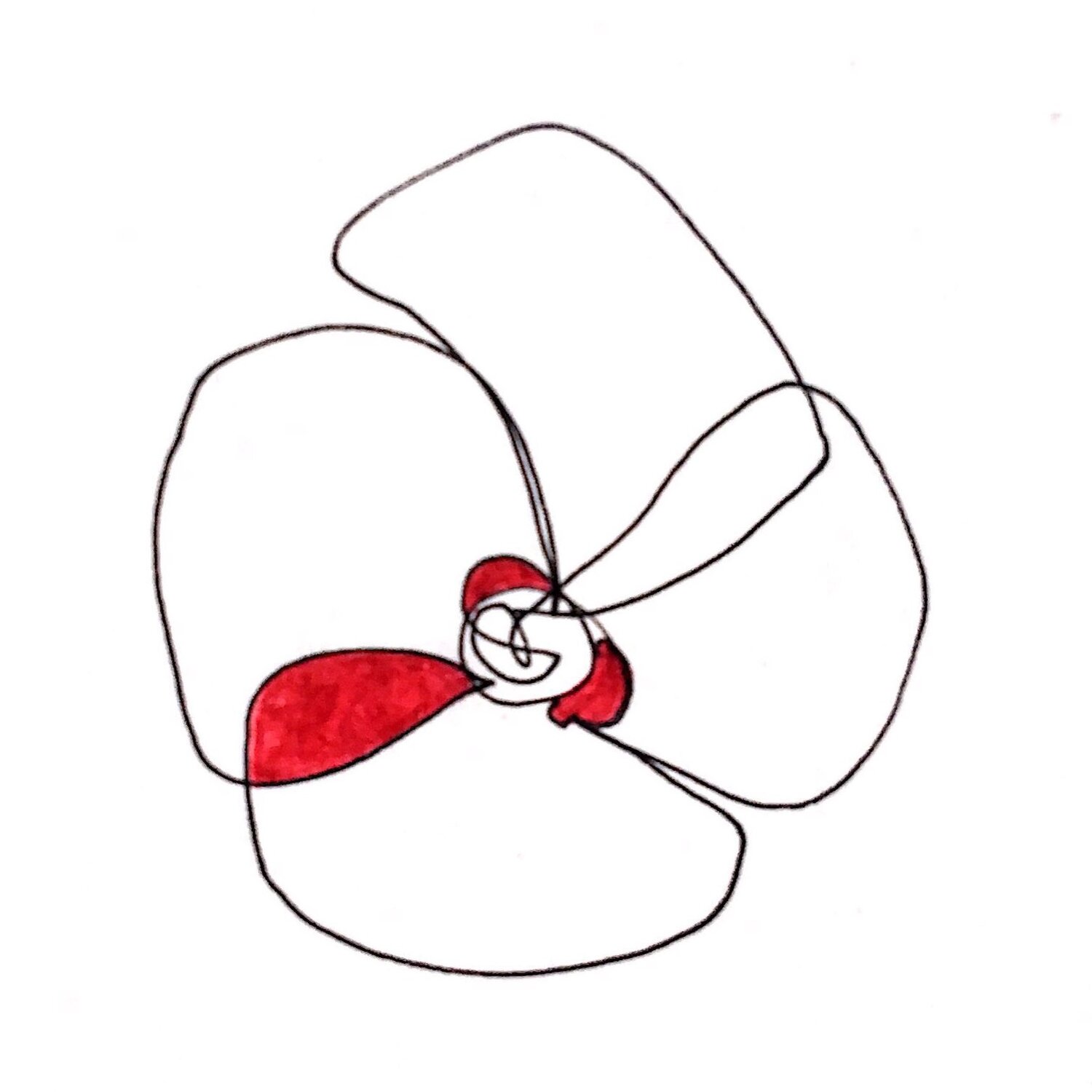The Surprising McKinsey Settlement
Everybody is freaking out about the McKinsey settlement — a (now) $641 million agreement between the global consulting firm and attorneys general for all 50 states, DC, and five territories. (The AGs for Nevada, Washington, and West Virginia have settled separately.*)
Among its notable qualities is the fact that at least $478 million of it must be paid to AGs within 60 days, which makes it an “unexpected first source of revenue” for the plaintiff states in the opioid litigation who’ve just about bled out chips waiting in vain (thus far, at least) for a separate, $26 billion “global” settlement with McKesson, AmerisouceBergen, Cardinal Health, and Johnson & Johnson. And the speed with which McKinsey settled with a whole consortium of AGs is something Law360 even describes as “remarkable.”
Massachusetts’ AG Maura Healey attributes the efficiency in part to the absence of outside counsel in the deal — her way of dog-whistling disapproval of attorneys representing localities in the federal multi-district line of opioid cases. This has renewed a bit of the bickering between states’ and localities’ attorneys in the grander opioid litigation drama. In New York, for instance, cities and counties have objected to the state’s deal in court, calling the deal “too small” and an improper attempt to prevent localities from suing McKinsey on their own. Colorado’s and Oregon’s state AGs, on the other hand, are positively thrilled; to them, McKinsey role-models for those other big pharma defendants how big companies can settle without “push[ing] this all the way to the courtroom.”
Activists continue to worry about states that haven’t yet enacted statutes diverting settlement winnings to dedicated abatement funds. But one thing is clear: as plaintiff governments kick their spending plans into high gear, they really should remain focused on spending their winnings on the evidence-based interventions that’ll actually do something about this (preventable) overdose crisis.
* Washington’s AG Bob Ferguson settled separately with McKinsey for $13 million, a decision he made to allow Washington localities to sue McKinsey as well. West Virginia’s AG Patrick Morrisey settled separately for $10 million to avoid a deal that’d apportion winnings by population. (West Virginia has been hit disproportionately hard by opioids.) And Nevada’s AG Aaron Ford, formerly the “lone holdout” and last to settle, reached a separate, $45 million deal for “several reasons, the most important of which are Nevada’s unique position in the way it was severely impacted by the opioid epidemic, the unique legal rights granted to the Nevada Attorney General, and the status of the pending litigation against opioid manufacturers, distributors, pharmacists and individuals.”
